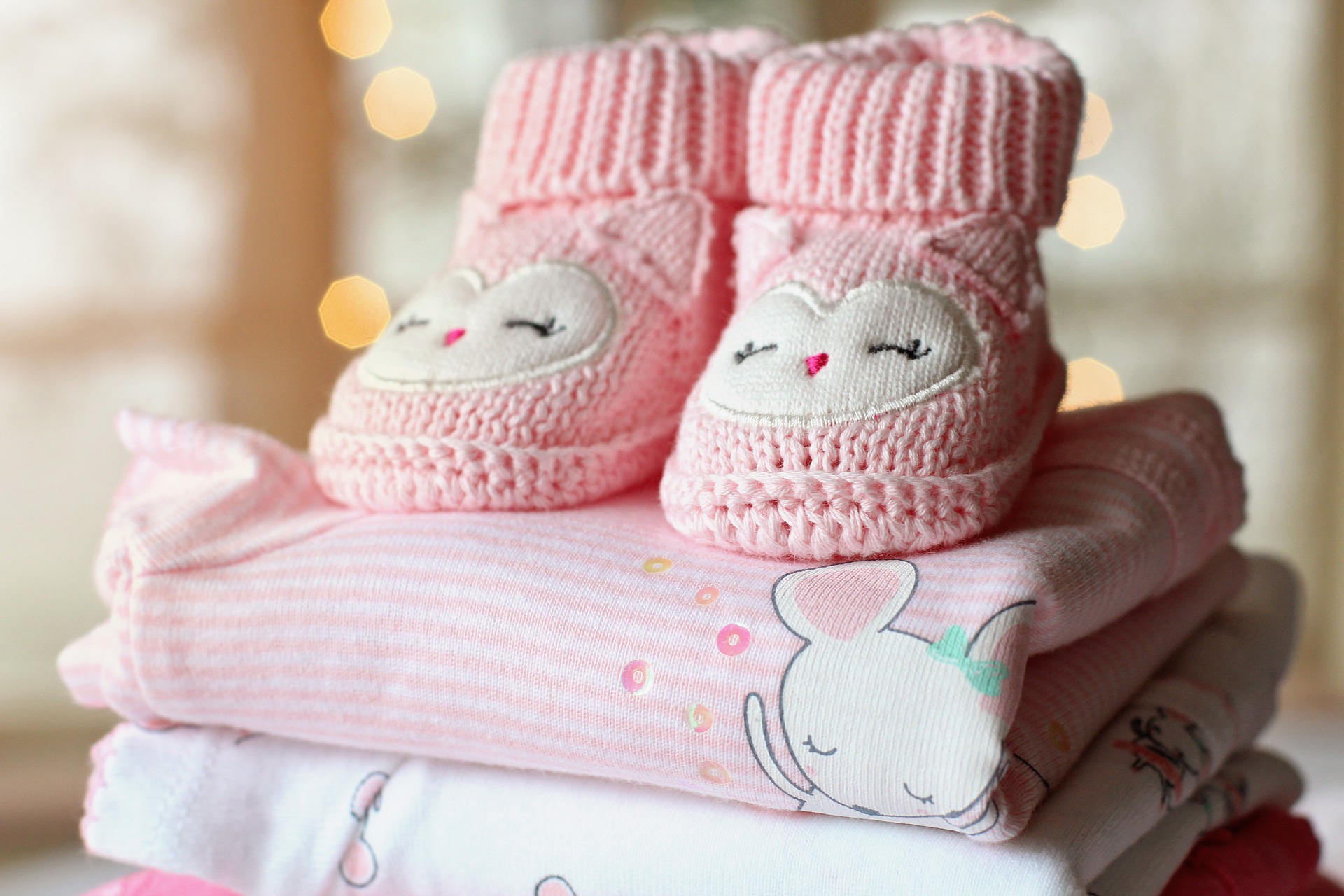When my daughter was born, I found myself hating being a mom. The experience was not at all what I expected, and I felt so lost and alone. I wish there had been something written about this topic when I was stuck in shame and embarrassment for feeling this way.
I read various books and articles on postpartum depression, but still felt misunderstood.
I decided I needed to write a narration of my journey as a new mother giving voice to a topic that is very taboo: I love my child, but I do NOT love the job of being a parent.
This, more than anything was why I was depressed and it’s not talked about!
I wanted to let other mothers who feel the way I did know that they are not alone and that it’s perfectly OK to struggle with enjoyment after having a baby. You can be confident and happy with your role as a mother even if you don’t enjoy the actual job of parenting.
More than just offering hope, I provide real solutions on how to increase enjoyment and satisfaction with parenting leading to greater happiness for everyone.
1 in 7 new mothers will experience a postpartum mood disorder, and sometimes that depression and anxiety may be because of the event and day to day life of being a mom not “living up to the hype.”
A lot of mothers struggle and don’t talk about it due to embarrassment and shame. It doesn’t have to be this way.
If you are struggling to enjoy motherhood after having your baby and feel horrible guilt and isolation, then this book will be one of the most important books you will ever read to give you the validation, relief, and resources you need to be a confident, happy mom.
Grab your copy here! http://www.postpartumhappiness.com/book/








